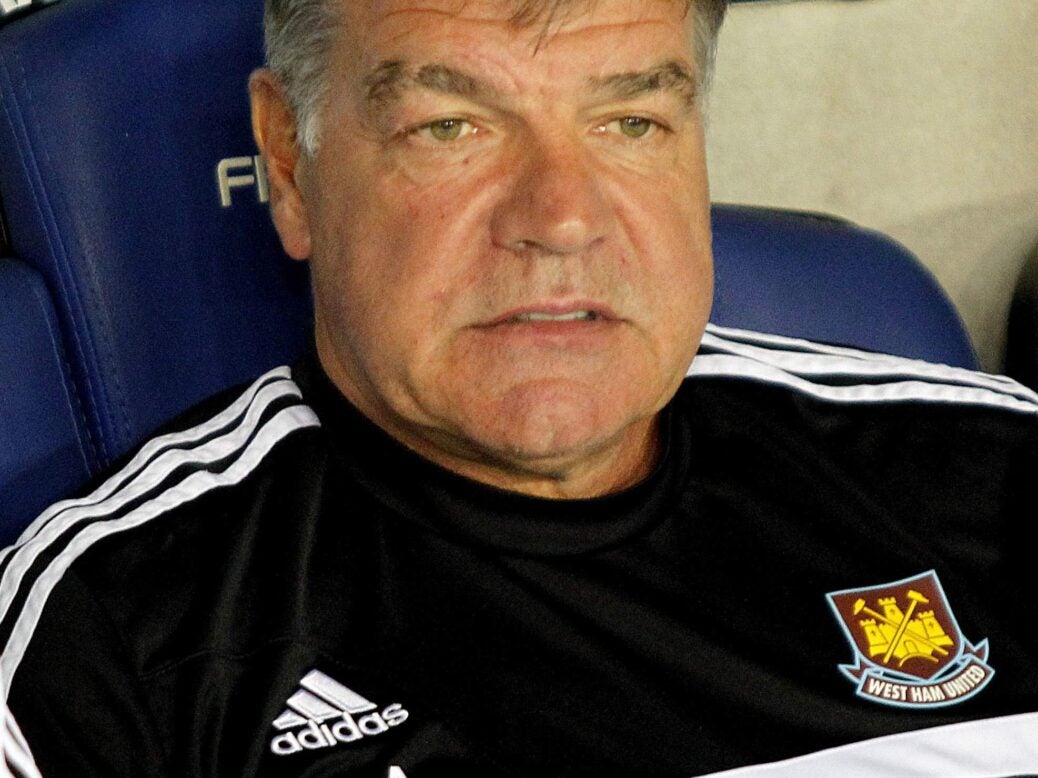
Former manager of the England national team and former professional player Sam Allardyce has an estimated net worth of £10 million.
Born on October 19, 1954, Allardyce spent his youth with semi-professional side Dudley Town. He make his debut at the age of 14 and later started playing as centre-half in the highly physical West Midlands (Regional).
He trained with local Football League clubs West Bromwich Albion and Wolverhampton Wanderers, and had a trial with Aston Villa, however was unsuccessful.
How did Allardyce make his millions?
Allardyce was spotted by Bolton Wanderers just before leaving school at 15 years old, and signed an apprenticeship with the club.
The Bolton under-18s were exceptionally succesful, winning the Lancashire Youth Cup and achieving the quarter-finals of the FA Youth Cup, and Allardyce rapidly ascended through the B-group into the A-group.
He signed his first professional contract on his 17th birthday, receiving a £125 signing on fee and wages of £14 a week.
After the 1974–75 game season, he was awarded the club’s Young Player of the Year award.
Allardyce made 578 league and cup appearances in a 21-year career spent mostly in the Football League, as well as brief spells in the North American Soccer League and League of Ireland.
He was signed by Bolton Wanderers from Dudley Town in 1969 and spent nine years at Bolton, helping the club to win the Second Division title in 1977–78. He spent the 1980s as an understudy player, spending time with Sunderland, Millwall, Tampa Bay Rowdies, Coventry City, Huddersfield Town, Bolton Wanderers (for a second spell), Preston North End, and West Bromwich Albion (also working as assistant manager). During this time he helped Preston to win promotion out of the Fourth Division in 1986–87.
Allardyce was employed as a player-mentor by Brian Talbot at West Bromwich Albion in February 1989. He spent the vast majority of the 1988–89 season at The Hawthorns managing and playing for the reserve team, before being promoted to first team coach in the summer.
Allardyce and Talbot were sacked in January 1991 following a defeat to Isthmian League side Woking in the FA Cup. He later worked as a part-time coach at Bury, but manager Mike Walsh could not afford to keep him on the staff for the 1989–90 season.
Allardyce then took up the role of player-manager of Limerick, and guided the team to promotion into the League of Ireland Premier Division after winning the 1991–92 League of Ireland First Division. Moving into management, he took charge of Irish club Limerick in 1991, leading the club to the League of Ireland First Division title in 1991–92. He returned to England to coach at Preston North End, also serving briefly as caretaker-manager.
He took up his first permanent management role in England at Blackpool in July 1994, but was sacked after two years having narrowly failed to achieve promotion. He spent January 1997 to October 1999 in charge at Notts County, taking them to the Third Division title in 1997–98.
He then came back to Bolton Wanderers as chief, driving the club to promotion out of the First Division by means of the play-offs in 2001, and in addition a League Cup last and UEFA Cup qualification.
Following a spell at Newcastle United from May 2007 to January 2008, Allardyce managed Blackburn Rovers for a two-year spell from December 2008.
He was named West Ham United director in June 2011, driving the club to advancement out of the Championship by means of the play-offs in 2012, preceding leaving West Ham in May 2015 after feedback from fans over his playing style. He was designated Sunderland supervisor in October 2015 and spared the club from transfer. He was named as chief of the English national team in July 2016.
In September 2016, Allardyce left his role as England team manager by mutual agreement after being secretly filmed by Daily Telegraph journalists discussing how to “get around” FA rules on player transfers.






